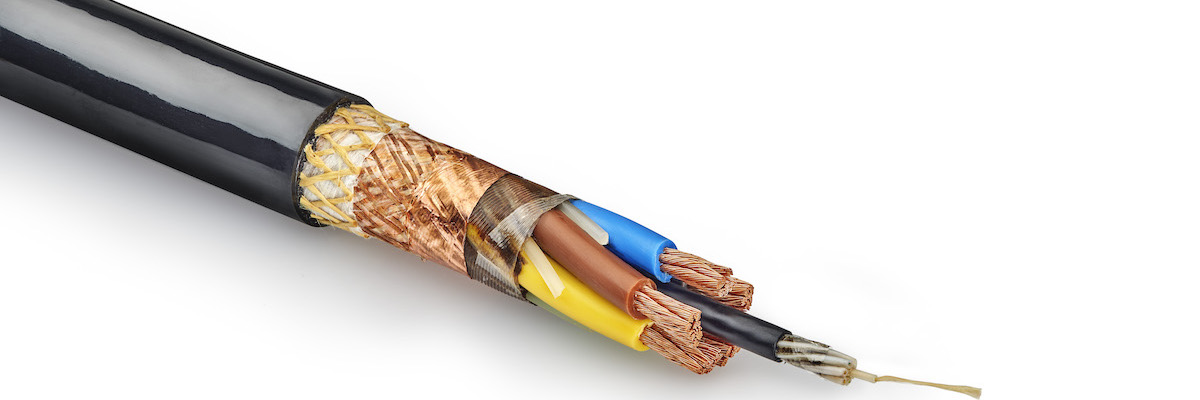Electrical Cable Types

Just as there are many different types of connectors, the family of electrical cable types is equally as wide. Are you looking for the right cable for transferring signals and frequencies, or for use while in the field? Refer to our list of electrical cable types and applications below to see which cable is the right match.
List of Electrical Cable Types and Uses
Below, you’ll find a comprehensive list of the many different types of electrical cables:
- Coaxial Cable – (Use: transferring radio frequency signals in cable television distribution systems)
- Communications Cable – (Use: signal transfers)
- Direct-Buried Cable – (Use: designed to be buried underground without extra sheathing)
- Flexible Cables – (Use: tight-bending radii and moving applications)
- Heliax Cable – (Use: signal transfers)
- Non-Metallic Sheathed Cable – (Use: also called an NM cable; used for interior residential wiring)
- Metallic Sheathed Cable – (Use: supplying electricity to larger appliances or main junctions)
- Multicore Cable – (Use: ideal for areas where space is limited, such as on an aircraft or in a medical facility)
- Paired Cable – (Use: DC or low-frequency AC applications)
- Portable Cord – (Use: delivering AC to portable devices)
- Ribbon Cable – (Use: ideal when many wires are needed for low-voltage applications)
- Shielded Cable – (Use: provide protection to delicate electronic circuits in high-voltage applications)
- Single Cable – (Another name for wire)
- Submersible Cable – (Use: wet ground or underwater applications)
- Twinax Cable – (Use: similar to coax cable; used for 10 Gigabit Ethernet Network)
- Twin-Lead Cable – (Use: transmission line between an antenna and a TV or radio receiver)
- Twisted Pair Cable – (Use: voice and data infrastructures)
Cable vs. Wire: What’s the Difference?
Although they’re often used interchangeably, a “cable” and a “wire” aren’t the same thing. The difference is straightforward. A wire is singular electrical conductor (often made from aluminum or copper), while a cable is two or more insulated wires banded together and protected by sheathing.
Find Cables & Cable Assemblies at Gateway Cable Company
Whether you’re in search of heavy-duty cable assemblies, slave cables, or another type of cable, there’s a good chance we carry it here at Gateway Cable Company. If you have more questions about electrical cable types and applications, types of fuses, electrical contacts, heat insulation materials, or the current-carrying capacity of a cable, contact us to speak with one of our knowledgeable representatives. You can also request a quote online if you’ve already found what you’re looking for!
